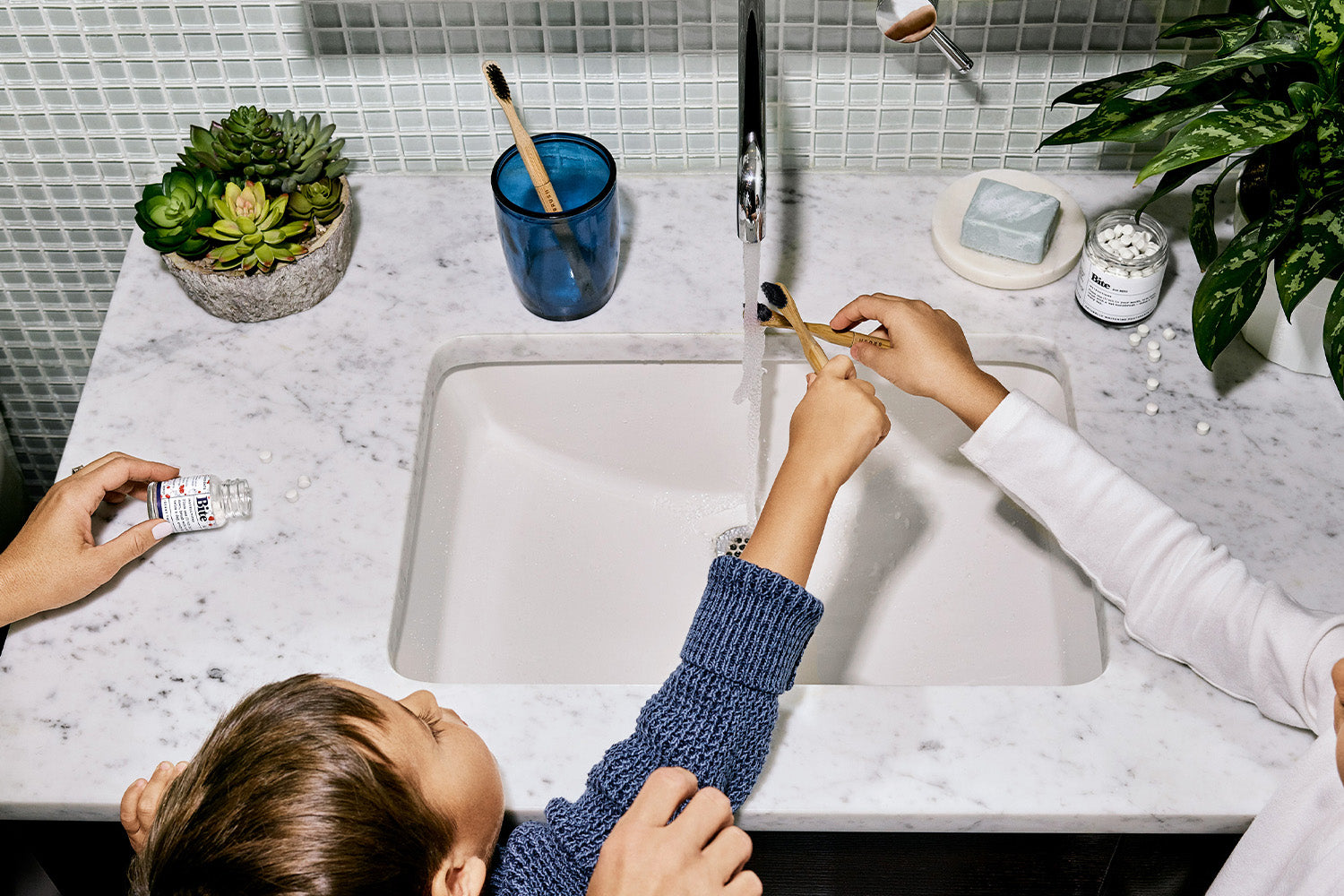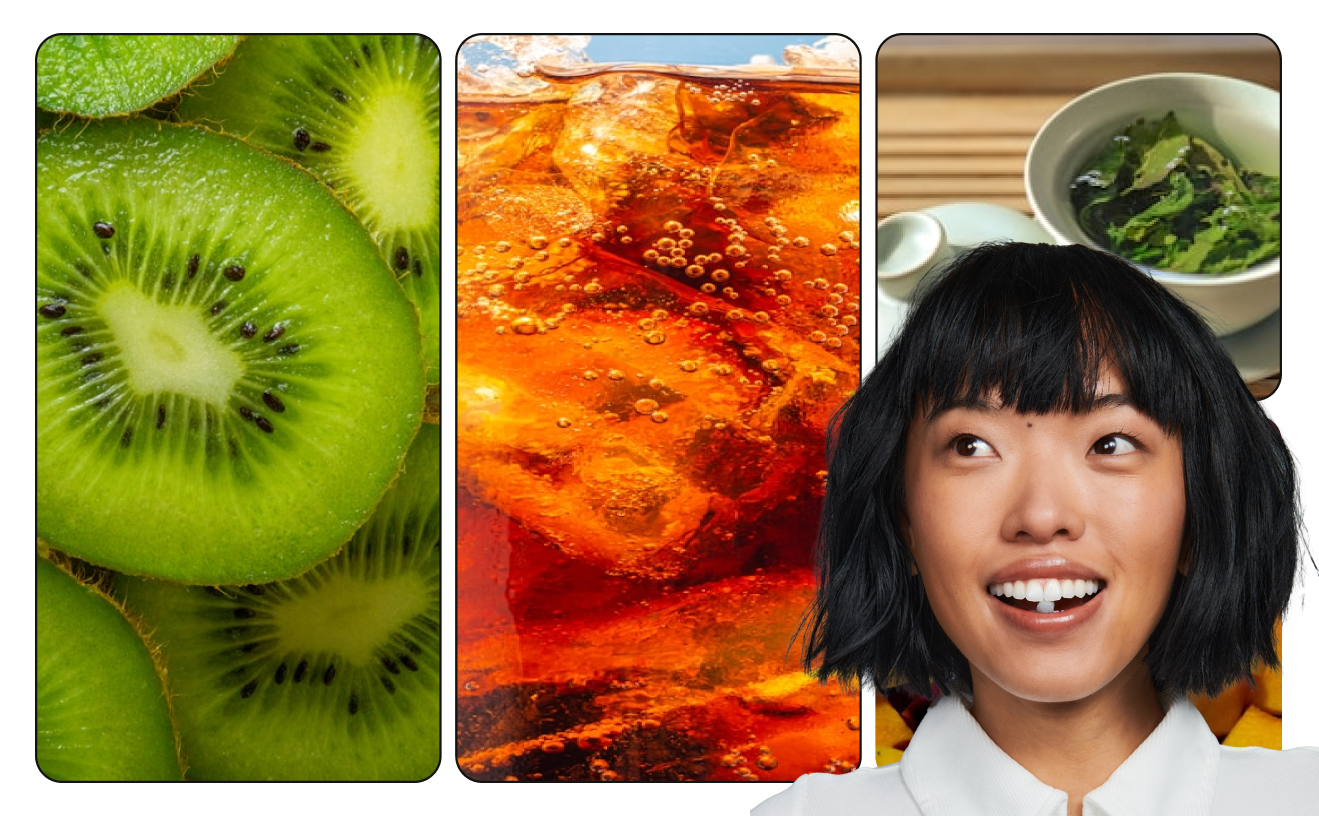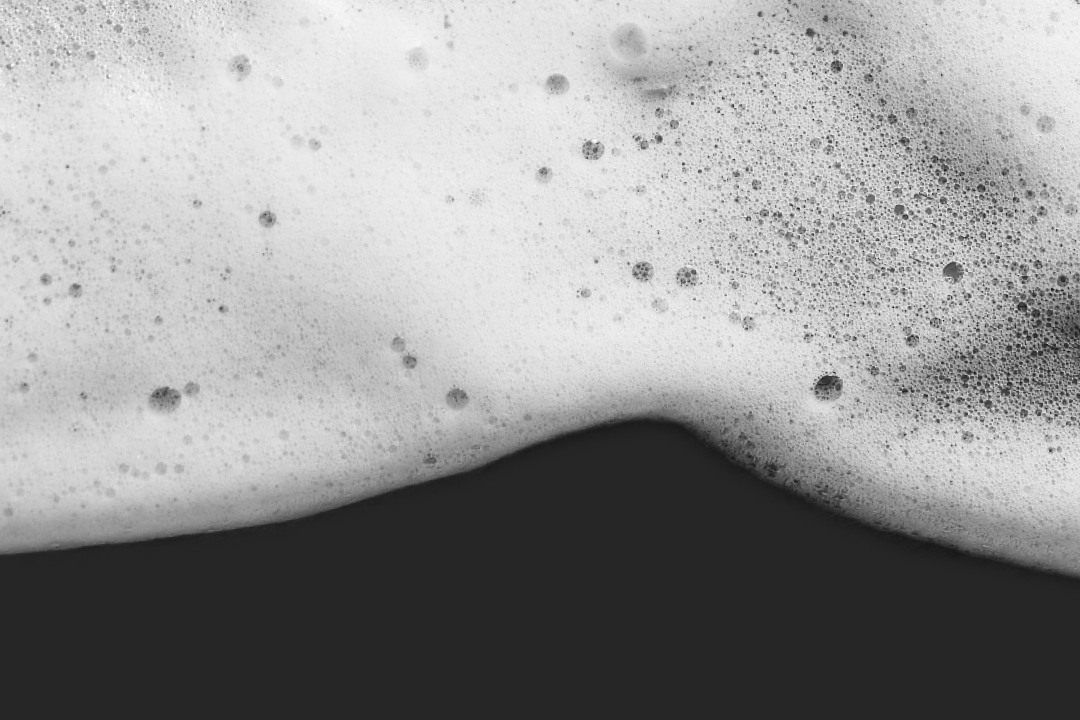6 Ways That You Can Help Reduce Water Pollution Today
Being one of the earth’s most precious resources, water provides countless benefits for humans, animals, and their ecosystems. With our bodies being made up of 70 percent water and 71 percent of the earth being covered by water, this resource is vital.
Unfortunately, we are constantly contributing to the issue of water pollution, a major contributor to the earth’s climate crisis, but what exactly is water pollution, and is it possible to reduce the strain being put on one of our most precious resources?
Keep reading to learn more about how we can make small changes to help reduce water pollution and help restore the health of our earth.
What Is Water Pollution?
Water pollution occurs when contaminants like chemicals, waste, and bacteria create unsafe water for consumption. Countless human activities lead to water pollution on both a corporate and individual level.
Water pollution causes various issues like bacterial contamination of drinking water, unsafe living conditions for marine life, and shortages of safe drinking water.
What Causes Water Pollution?
Ultimately, almost every human activity contributes to water pollution in some way. Water pollution seems unavoidable, whether it be from harsh chemicals used to clean our homes, littering, or even driving cars. Below are some main sources of water pollution.
Wastewater
Every single day, we use sewage systems that transport wastewater to treatment facilities to treat water that makes it safe for consumption.
Though these treatment facilities properly handle wastewater, this water may contain harmful bacteria that can contaminate other water sources and cause digestive problems for those who consume it. When hazardous waste finds its way into water sources, it can harm human health and overall environmental wellbeing.
Stormwater Runoff
Thanks to the water cycle, the earth is constantly moving water through evaporation, condensation, and precipitation.
When it rains, rainwater can pick up contaminants like leaked oil and antifreeze from cars, different kinds of litter like cigarette butts and plastic bags, and pet waste, leading to negative effects on water quality.
Oil Spills
A portion of the oil used in the US for motor vehicles is sourced from other countries, and this oil is usually transported by boats abroad.
Oil spills can happen for various reasons, whether because of accidents involving barges and drilling rigs or illegal dumping.
Regardless, oil spills can contribute to contaminated water sources and harm the animals inhabiting these sources.
Fish and other sea life can ingest the poisonous oil, marine birds can be covered in oil that destroys their water-repelling abilities, and ecosystems are majorly disrupted.
Marine Dumping
Marine dumping is what you expect it to be–dumping garbage into water sources from homes, industries, and businesses. Because landfills are running out of space, some countries will dump garbage into the ocean, causing a wide variety of issues for the water and the sea life that inhabits these waters.
Commercial Farming
Over the years, farming has become highly commercialized to keep up with the demand for produce as well as meat and dairy products.
To grow crops that will produce a consistent harvest of fruits and vegetables, commercial farms will use harsh herbicides and pesticides that leak into the ground, mix with rainwater, and pollute the water that eventually ends up in our water sources.
What Is the Environmental Impact of Water Pollution?
Now, after reading about just a few of the causes of water pollution, it seems like every activity contributes to water pollution in some way. Even getting an oil change can pollute up to one million gallons of water if not disposed of properly.
Because water is such a vital resource, we must understand the effects that water pollution has on humans, animals, and on the earth.
Water pollution causes a slew of issues for every human and animal that consumes it. Just one example is the existence of toxic chemicals like PFAS that end up in water supplies, entering the bodies of humans and animals through consumption.
PFAS, or perfluoroalkyl and polyfluoroalkyl substances, are chemicals that are widely used in products like nonstick pans. These chemicals break down slowly, are even found in the blood of humans and animals, and are known to cause health problems.
While treatment plants filter and clean water so that it is safe enough to consume, these treatment plants use copious amounts of electricity and energy to keep up with the amount of water consumed, not to mention the chemicals used to clean the water.
Water pollution has many sources, but there are protections and standards to limit pollutants disposed of in water sources.
The Clean Water Act
The Clean Water Act was enacted in 1972 to control and reduce the severity of water pollution in the US. One point of the Clean Water Act states that industries cannot dump pollutants into navigable water sources such as oceans and rivers without a permit.
Though limits have been set in place, water pollution continues to be a major contributor to the deterioration of the environment. Still, there are small changes that you can make to reduce your personal water pollution.
How Can I Reduce My Water Pollution?
Though the issue of water pollution seems unavoidable, there are small, simple changes we can make to reduce our personal water pollution, and a couple of these ways might surprise you!
Below are six small changes you can make to reduce water pollution, because small changes can lead to something bigger.
1. Car Maintenance
Believe it or not, staying on top of your car maintenance is a simple way to reduce your water pollution.
Because our cars carry harsh chemicals like antifreeze and gasoline, these chemicals can leak onto the ground to be carried away with rainwater, ending up in storm drains and combining with other pollutants like trash and pet waste.
Keeping up with car maintenance will help your steer clear of chemical leaks from your car, and your car’s performance will thank you!
2. Check Your Cleaning Products
There is nothing quite like the smell and look of a freshly cleaned home. From the smell of washed linens to the fresh, citrusy scent of a clean kitchen, having a clean home is satisfying and creates a nice atmosphere as well.
Unfortunately, many of the cleaning products and detergents we use either contain harmful chemicals, artificial fragrances, or both. These chemicals may end up on paper towels disposed of or seep into drains, resulting in contaminated water supplies.
Luckily, there are cleaning products that contain no harsh chemicals or fragrances but can still get the job done. You can also make your own cleaning products from ingredients like baking soda, lemon juice, and maybe essential oils to give a clean scent to your cleaning products.
3. Purchase Organic Produce
Cleaning and rinsing your produce is essential, especially since many kinds of produce travel all over the country to reach your grocery store. However, most produce contains pesticides that will be rinsed off into your drain.
Organic produce may still contain pesticides, but these pesticides are significantly safer to use and have less impact on the environment.
Purchasing organic produce as much as possible will help you cut down on the chemicals that go down your drain and will help you incorporate more nutrient-rich fruits and vegetables into your diet.
4. Swap Out Your Personal Care Products
Many of us have everyday routines that are perfected by our favorite personal care products. However, many of these products contain harsh chemicals that end up in septic systems that travel to water supplies, not to mention the plastic in which they are encased.
At Bite, we believe that our habits and choices have power, especially when it comes to our everyday routines.
Our personal care products, including toothpaste bits, mouthwash bits, and plastic-free floss, are made with clean and safe ingredients and are packaged in reusable, recyclable materials like metal and glass.
With Bite, you can be confident that you are putting good into your body and putting good out for the earth.
5. Pick Up After Your Pet
Many of us have furry friends like dogs that need to be taken outside to use the bathroom. Pet waste that is left on the ground is carried away with rainwater and may contain dangerous bacteria that can end up in water supplies.
Picking up after your pet is a simple yet effective way to reduce water pollution by keeping harmful bacteria out of storm drains. You can even use biodegradable bags to reduce your overall waste!
The Bottom Line
While there are many contributors to water pollution, there are also many ways to reduce water pollution to create safer drinking water and better living conditions for animals.
We at Bite understand the reality that we only have one earth to live on. Therefore, it is imperative that we make small changes wherever possible to clean up our oceans and water sources so that the present and future generations of humans and animals will have safer water and safer ecosystems.
Our choices and habits are powerful, and if we have the power to impact the earth's health negatively, we also have the power to impact the earth's health positively.
With more action, research, and education, we can help make changes to restore the health of the earth, one small change at a time.
Sources:
Summary of the Clean Water Act | EPA
What Are The Causes of Water Pollution? | ECU Online


